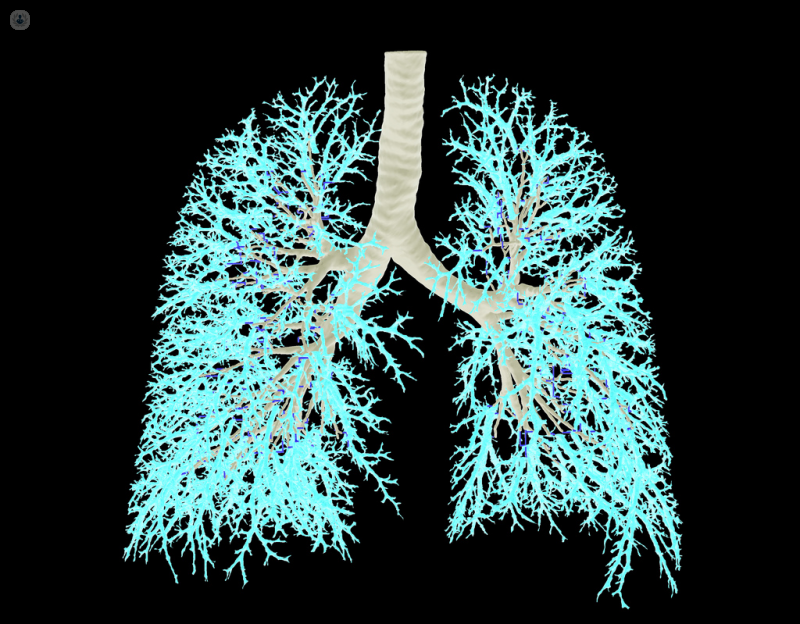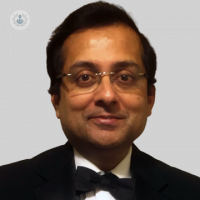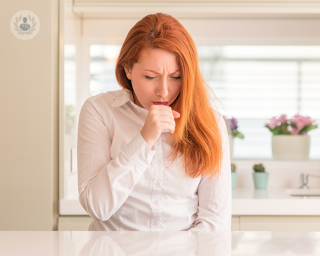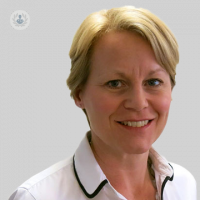Lung diseases
Dr Jay Mukherjee - Pulmonology & respiratory medicine
Created on: 03-14-2017
Updated on: 04-27-2023
Edited by: Conor Dunworth
What is lung disease?
The term “lung disease” is a broad one, encompassing all conditions that prevent the lungs from working properly. There are three main types of lung disease:
- Diseases of the respiratory tract – these affect the airways that transport oxygen and other gases in and out of the lungs. They often cause a narrowing or blockage of the airways. Examples include asthma, pulmonary emphysema, bronchiectasis and chronic bronchitis.
- Diseases of the lung tissue – inflammation of the lung tissue makes the lungs unable to expand fully. Patients are unable to take deep breaths, making it difficult for the lungs to capture oxygen and release carbon dioxide. Examples of these disease include pulmonary fibrosis and sarcoidosis.
- Diseases of the pulmonary circulation – conditions affecting the pulmonary blood vessels in the lungs, by coagulation or inflammation. They not only prevent the capture of oxygen and release carbon dioxide correctly but also affect cardiac activity. An example of this is pulmonary hypertension.

What are the symptoms of lung disease?
Some of the symptoms that are present in lung diseases are:
- Cough (with or without phlegm)
- Fatigue or tiredness
- Recurrent respiratory infections
- Difficulty breathing or dyspnoea
- Difficulty inhaling air
- Wheezing
Causes of lung disease
Different diseases have different causes. Many lung disease are cause by infection by bacteria, viruses, or fungi. Some, like sarcoidosis, affect multiple systems in the body.
Inhaling certain substances can damage the lungs, either directly causing or becoming a contributing factor to lung disease. These include polluted air, chemical vapours, excessive dust, and tobacco smoke.
Can lung disease be prevented?
The best way to prevent lung disease is quit smoking (or simply not to start in the first place). If the patient already suffers from lung disease, then they should stop smoking immediately to prevent complications and delay the progression of the disease. They should also avoid exposure to the other airborne irritants.
What is the treatment for lung disease?
The basic objectives of the treatment of lung disease are:
- To relieve symptoms
- Delay the progression of the disease
- Improve the capacity to stay active
- Prevent and treat possible complications of the disease
- Improve the patient's health
Different diseases require different treatments, ranging from medications to lung transplants depending on the nature and severity of the disease.












